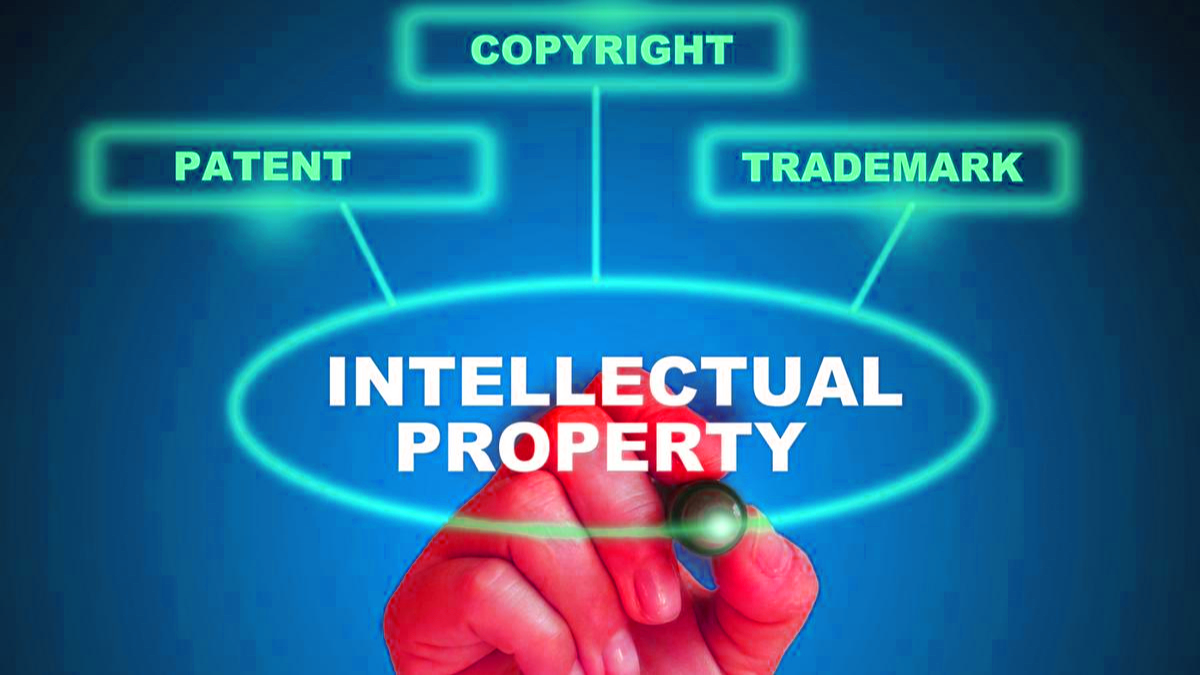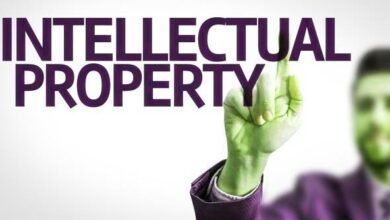Ethics in Intellectual Property: A Look at Rights

Intellectual property (IP) rights have become increasingly significant in today’s knowledge-based economy. From patents and copyrights to trademarks and trade secrets, these legal protections safeguard the creations of the human mind. However, as technology advances and global markets interconnect, the ethical dimensions surrounding intellectual property rights have become more complex and contentious. In this article, we delve into the Ethics in Intellectual Property, examining the balance between incentivizing innovation and ensuring fair access to knowledge.
Contents
The Moral Foundations of Intellectual Property
At the heart of intellectual property rights lies a moral dilemma: how to incentivize innovation and creativity while ensuring that the benefits of intellectual endeavors are distributed equitably. Proponents of strong IP protection argue that it fosters innovation by providing creators with exclusive rights to their inventions or creations, thereby incentivizing investment in research and development. This argument is rooted in the philosophical concept of natural rights, which asserts that individuals have a moral entitlement to the fruits of their labor.
Conversely, critics of strict IP enforcement contend that it can stifle innovation by restricting access to knowledge and hindering the free flow of ideas. They argue that intellectual property rights are not inherent but rather socially constructed, and therefore must be balanced against broader societal interests such as access to healthcare, education, and cultural expression. This perspective aligns with utilitarian ethics, which prioritizes the greatest good for the greatest number of people.
Balancing Incentives and Access
Finding the right balance between incentivizing innovation and ensuring access to knowledge is essential for a fair and just intellectual property regime. One approach is to implement mechanisms that strike a balance between exclusivity and dissemination. For instance, patent laws often include provisions for compulsory licensing, allowing governments to grant licenses to third parties under certain circumstances, such as in cases of public health emergencies or when the patent holder engages in anti-competitive practices.
Similarly, copyright laws may include exceptions for fair use, permitting limited use of copyrighted material without permission for purposes such as criticism, commentary, or education. These exceptions aim to protect both the rights of creators and the public interest in accessing and sharing knowledge.
Read More: Intellectual Property Rights: A Comprehensive Overview
Ethical Challenges in the Digital Age
The digital revolution has brought about unprecedented challenges to traditional notions of intellectual property. The ease of copying and distributing digital content has led to widespread piracy and copyright infringement, raising questions about the effectiveness and ethics of enforcing IP rights in the digital age.
Furthermore, emerging technologies such as artificial intelligence and blockchain are challenging existing frameworks of IP law. For example, AI-generated works raise questions about authorship and ownership, while blockchain technology offers new possibilities for secure and transparent management of intellectual property rights.
Global Perspectives on Intellectual Property
Intellectual property rights are subject to international agreements and treaties, which aim to harmonize standards and facilitate cross-border trade. However, disparities in economic development and cultural values among countries often result in conflicting perspectives on intellectual property rights.
Developed countries typically advocate for strong IP protection to safeguard their technological and creative industries, while developing countries argue for more flexible and inclusive IP regimes to promote access to essential goods and services. Bridging these divergent perspectives requires recognizing the diverse needs and priorities of different nations while upholding fundamental principles of fairness and equity.
Read More: Intellectual Property Management Strategies for Businesses
Conclusion
Ethics in intellectual property rights are inherently complex, involving a delicate balance between incentivizing innovation and ensuring access to knowledge for the betterment of society as a whole. As technology continues to evolve and global interconnectedness deepens, the ethical dimensions of intellectual property will remain a central focus of legal, philosophical, and policy debates. By navigating these challenges with a commitment to fairness, equity, and the public interest, we can strive to create a more ethical and inclusive intellectual property regime that fosters innovation while promoting the common good.
FAQs(Ethics in Intellectual Property: A Look at Rights)
What are intellectual property rights, and why are they important?
Intellectual property rights protect creations, incentivizing innovation by granting exclusive rights to their creators.
What ethical considerations are involved in intellectual property rights?
Ethical considerations center on balancing innovation incentives and fair access to knowledge, addressing issues like public health impact and the dissemination of information.
How do emerging technologies like AI and blockchain impact intellectual property ethics?
AI raises questions on authorship, while blockchain offers secure solutions for managing intellectual property rights in the digital era.
What role do international agreements play in intellectual property ethics?
International agreements harmonize standards but highlight disparities, emphasizing the need for fair global cooperation on intellectual property.
How can we navigate ethical challenges in the digital age concerning intellectual property?
Navigating involves mechanisms like compulsory licensing and fair use exceptions, aiming to balance creators’ rights with public access to knowledge.






One Comment